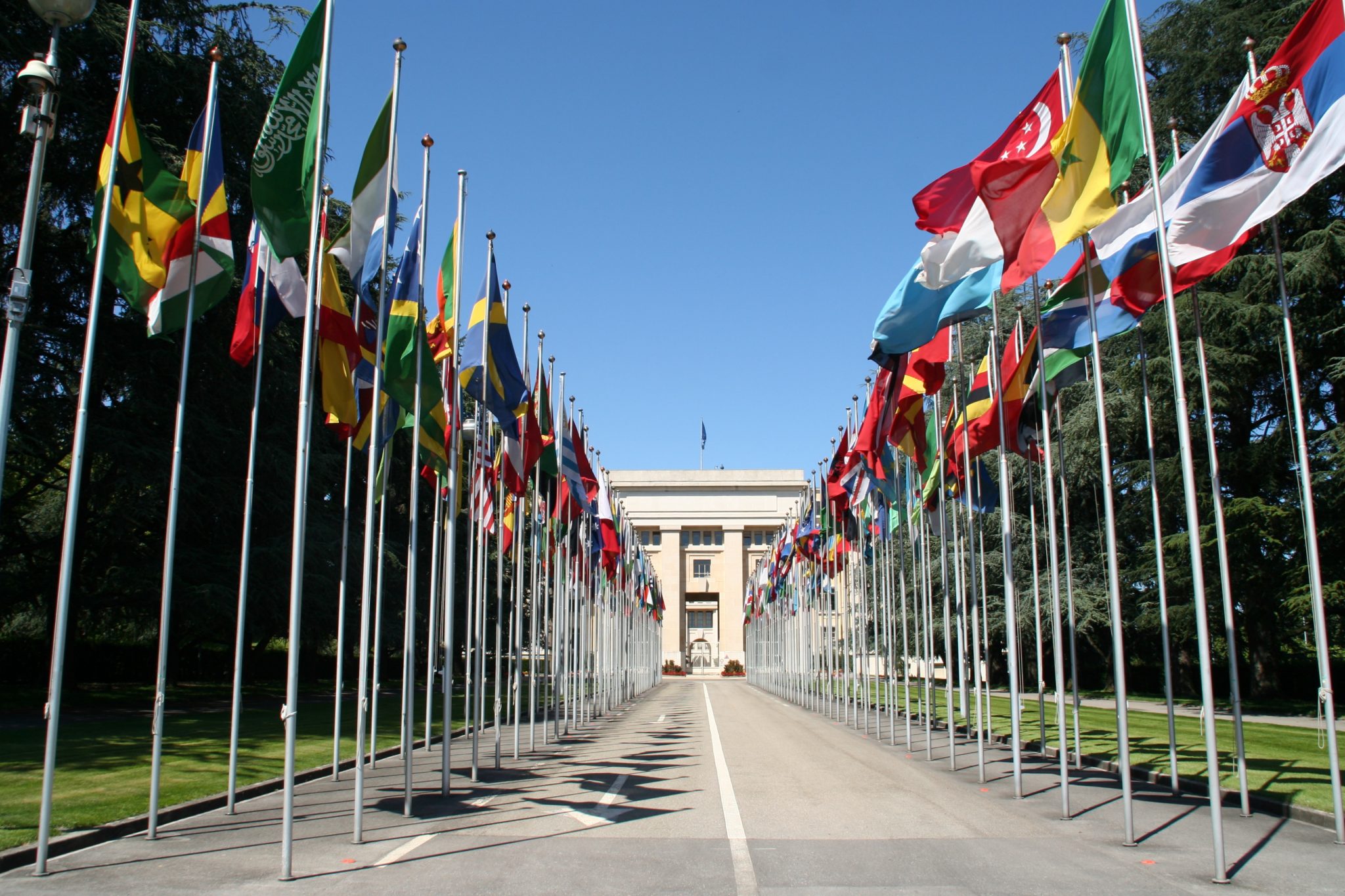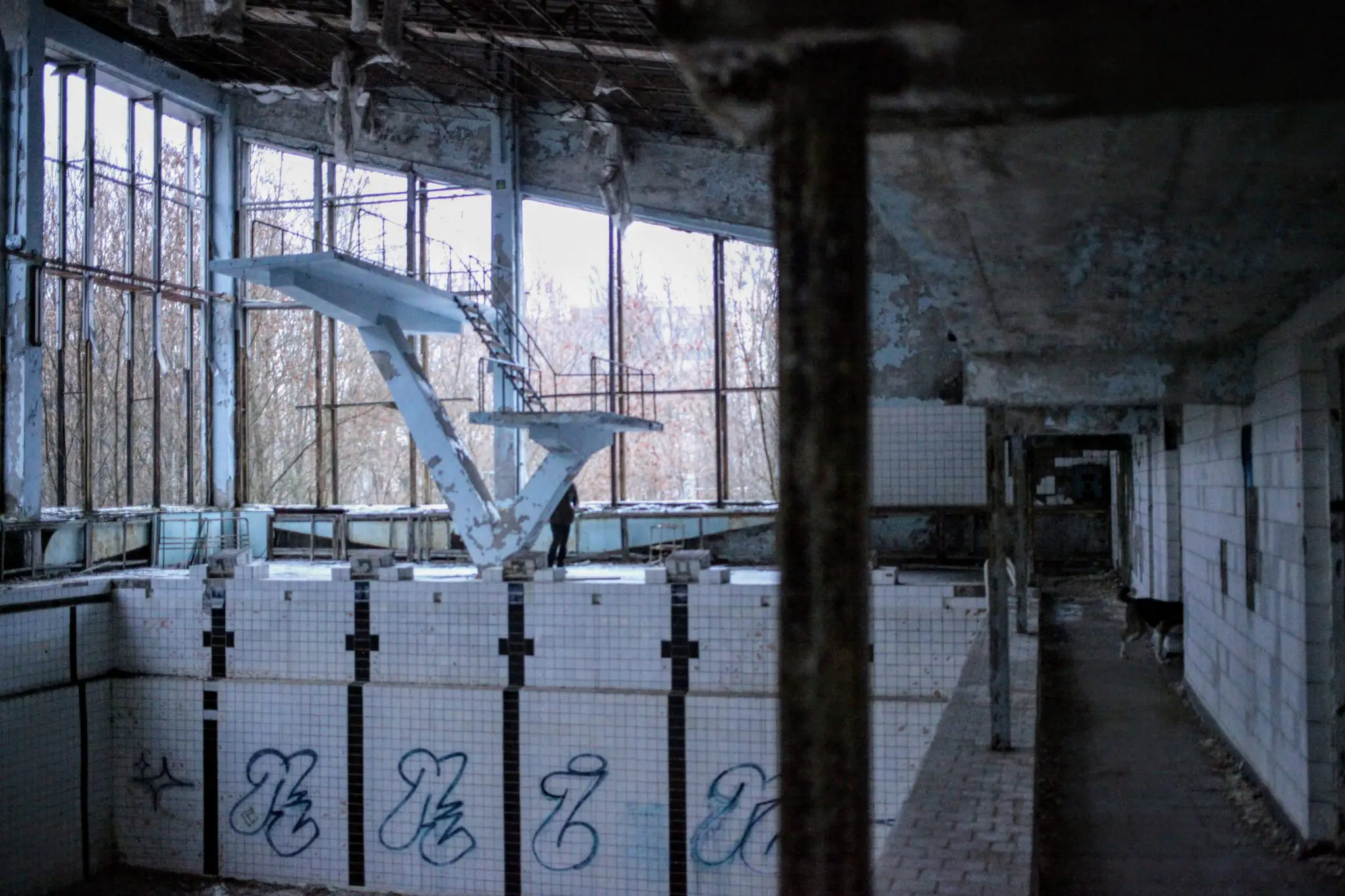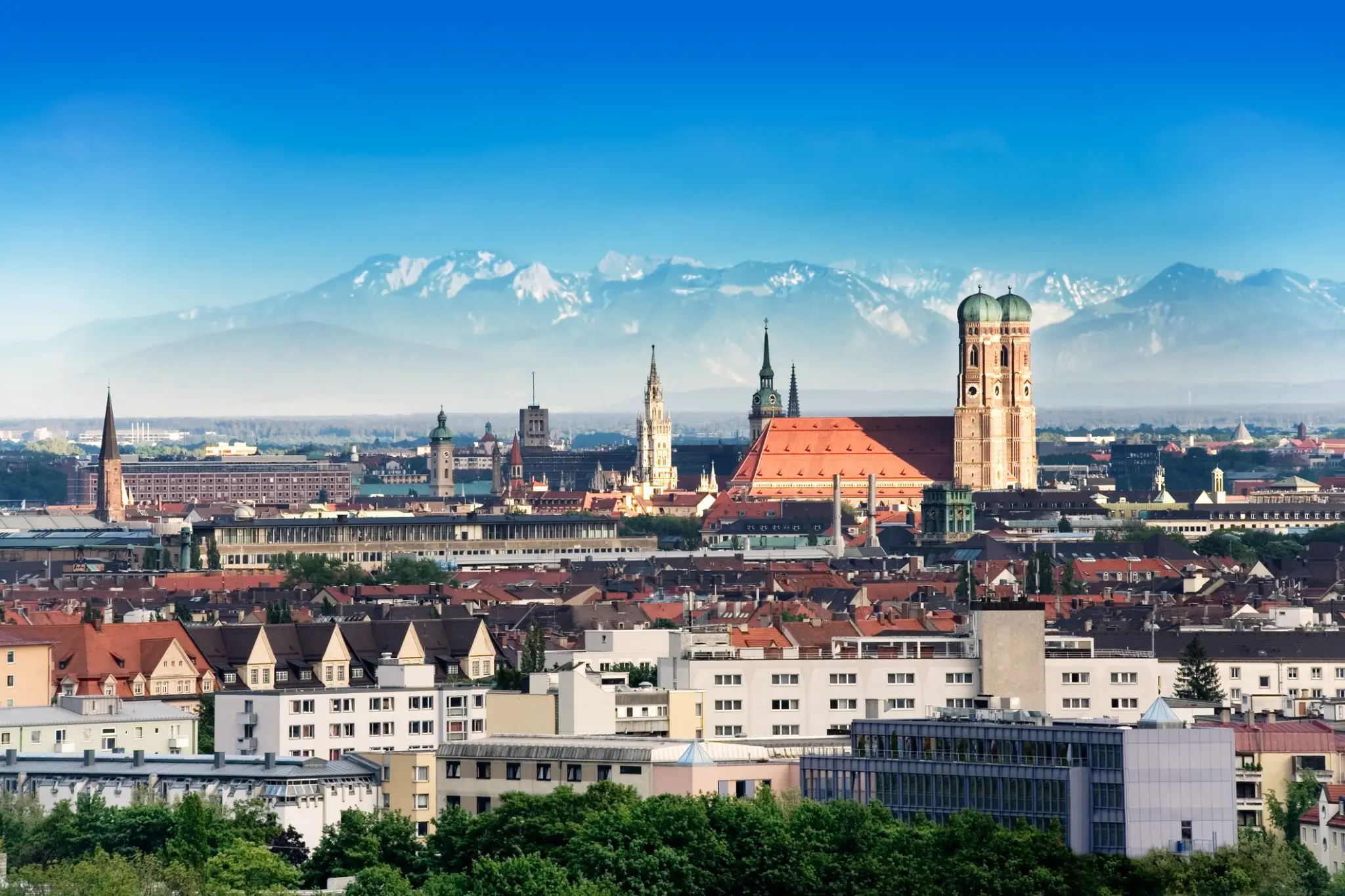Geneva is international – so international that it 184 different nationalities live there and make up 45% of the population. It feels international and not particularly Swiss. It’s almost like a very upmarket holiday resort made up of highbrow intellectuals.

This makes sense of course because it houses the United Nations, the European Broadcasting Union (EBU), European Organization for Nuclear Research (CERN), World Economic Forum (WEF), World Health Organization (WHO), World Intellectual Property Organization (WIPO), World Meteorological Organization (WMO) and International Committee of the Red Cross.
The UN and the Red Cross museum are actually across the road from one another which makes sense as one is supposed to prevent disaster and the other responds to disaster and vice versa.
I googled ‘why is the un in…’ and some of the first hits were:
Why is it ineffective? Why is it in a state of financial crisis and why is it important for world peace?
All very important questions, let’s explore those for a second. This is chapter one of its values from its website:
- ‘1. To maintain international peace and security, and to that end: to take effective collective measures for the prevention and removal of threats to the peace, and for the suppression of acts of aggression or other breaches of the peace, and to bring about by peaceful means, and in conformity with the principles of justice and international law, adjustment or settlement of international disputes or situations which might lead to a breach of the peace;
- 2. To develop friendly relations among nations based on respect for the principle of equal rights and self-determination of people’s lives, and to take other appropriate measures to strengthen universal peace;
- 3. To achieve international co-operation in solving international problems of an economic, social, cultural, or humanitarian character, and in promoting and encouraging respect for human rights and for fundamental freedoms for all without distinction as to race, sex, language, or religion; and
- 4. To be a centre for harmonizing the actions of nations in the attainment of these common ends.’
The answer to it being ineffective is essentially that it is the sum of so many elements, different nations, opposing priorities, conflicting interests and the apathy that saddles organisations with such a complex set of issues.
The reason that it is in a state of financial crisis is that the world economy is in a state of crisis. Member states fail to pay their dues as they deal with extreme poverty, bureaucratic budgetary complications and they can withhold payments to make points. In 2014, over $3.5 billion was owed to the UN. Trump doesn’t want to pay so much to the UN as he seems to have little interest in peace.
Which brings us onto our last question, why do we need the un for world peace? I’m no beauty queen but I would love world peace, I think we all would. Then we could concentrate our time, money and energy on curing disease, improving our environment and looking after our precious wildlife. War is devastating in terms of the human impact of grief, trauma and the breakdown of communities, a massive financial strain, environmentally barbaric and destroys our human heritage. Anything we can do to prevent war is time, money and energy well spent. There are currently over 40 armed conflicts going in the world. I don’t need to tell you that is 40 more than the world needs.
The UN has representatives from 193, that’s an open line of communication spanning around the globe, a piece of string with many cups attached. Democracy is on the up, development is on the up and we haven’t seen WW3…yet. They did their peacekeeping in East Timor, Liberia, South Sudan and Congo in recent years, all places torn apart by civil war.
We do need them as the world needs a way to be better but it’s not about putting them on a pedestal, it’s about evolving and using all of our human knowledge for good. Just don’t mention the time their development packages were sold for arms in Rwanda, effectively fuelling the war between the Hutus and the Tutsis.
And finally, why it is in Geneva? This is an especially important question as Switzerland were not that keen to join in the first place. There was a vote in 1986 whereby only a quarter of voters were in favour but they did acquiesce in 2002.
We all know that Switzerland doesn’t really like to join in, as proved by World Wars and their rejection of full EU membership, but that has gone in their favour. The Swiss lobbied to headquarter these big organisations, they also have a stable economy, an effective military, it’s highly developed and it has a passion for neutrality. A winning combination.
I visited the UN on a guided tour of the Palais des Nations, I had to go to the gate and get a pass printed. There are around 8,000 meetings per year between various nations under this roof. It was exciting to be there, but also not that exciting at the same time, as I saw a lot of corridors and meeting rooms. I was still glad I came, even though I read that Bill Bryson cynically rejected visiting during his time in Geneva.
And let’s shimmy over to CERN, obviously, I didn’t visit it but I had a colleague who did and gave them all Blue Peter badges, then got told off for it. If anyone deserves a Blue Peter badge, surely its CERN scientists? The European Organisation for Nuclear Research has incredible facilities which means that they can do what can only be described as mad science. These world-class facilities are used by 600 institutions from around the globe.
CERN is governed by 22 member states almost like a mini-UN, although I can only assume it is more fun. They are Germany, France, Belgium, Denmark, Greece, Italy, The Netherlands, Norway, Sweden, Switzerland, the UK, Spain, Portugal, Finland, Poland, Hungary, Bulgaria, Czech Republic, Israel, Austria, Slovakia and Romania.
The Large Hadron Collider is an extremely powerful particle accelerator. That means it can help us learn about existing particles, discover new particles and microscopic black holes. It does this by smashing subatomic particles together at a speed that approaches the speed of light.
The World Wide Web also started life at CERN. Tim Berners-Lee was the British scientist who came up with it whilst working there. It was originally developed so that scientists could share data and it has indeed facilitated information-sharing that has done wonders for science. The first website was made at CERN about the world wide web project. How very meta.
And the last but not by any means the least, The Red Cross. It was founded in Geneva by a local businessman in 1864. Henry Dunant was haunted by watched injured and dying men on the battlefields during the Battle of Solferino. He proposed volunteer relief societies, who provided neutral medical assistance to those in need. The international agreement for these services was the basis for the original Geneva Convention. Other European countries followed suit by creating national bodies and now the Red Cross is recognised around the world.
But not everyone in Geneva is worthy, I got ripped off by a taxi driver who overcharged me by dropping me off nowhere near my hostel after I’d given him the address and then driving off. I then had to travel a further way to my hostel than the walk from the train station would have been. I have had so many bad experiences with taxi drivers around the world and it’s one of the biggest negatives about backpacking. Sometimes it’s only transportation method available.
To top it off Geneva also has an impressive fountain called the Jet d’Eau in Lake Geneva. It is one of the highest fountains in the world and shoots to a height of 140m. It was originally built to relieve pressure from a hydraulic plant but it is now emblematic of the city. It’s also an easy way to have an unexpected shower if the wind changes.




Leave a Reply